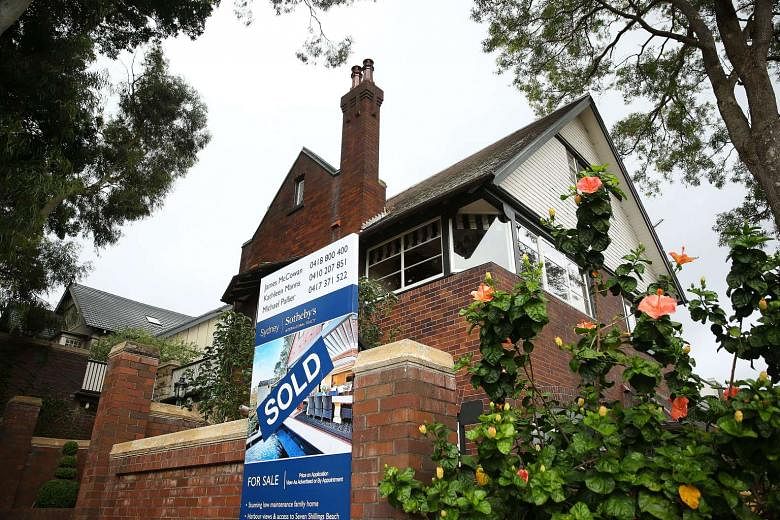CANBERRA -The Australian government has broadened its clampdown on illegal investments in local real estate, with as many as 500 properties worth more than 1 billion Australian dollars (S$999 million) coming under the scanner.
More foreign buyers, including those from Singapore, have been forced to sell, the Wall Street Journal reported on Wednesday.
The clampdown comes after growing pressure on the government to rein in investment-driven buying, amidst growing criticism that wealthy Asian buyers are pushing up property prices in Australian cities of Sydney and Melbourne.
Treasurer Joe Hockey said divestment orders have been served on five properties across the country, owned by buyers hailing from Singapore, Indonesia, the U.K. and China across the country, to sell.
The properties netted by the crackdown include homes in the cities of Perth, Sydney, Adelaide, Brisbane as well as the Gold Coast, WSJ report said.
"The purchase prices of the properties range in value from A$265,000 to A$8.1 million," Mr. Hockey told reporters in Canberra. "The foreign investors involved either purchased established property without Foreign Investment Review Board approval, or had approval but their circumstances changed, meaning they were breaking the rules," he said.
The central bank has warned the property boom is unbalanced and potentially dangerous to a fragile economy, as economists become increasingly nervous about the possibility of the country entering a recession for the first time in 24 years.
Mr Hockey also tabled new legislative bills on Wednesday to target tax avoidance by multinational companies, especially minimisation schemes that have seen profits shifted to lower taxing jurisdictions offshore in Singapore and elsewhere, WSJ said.

